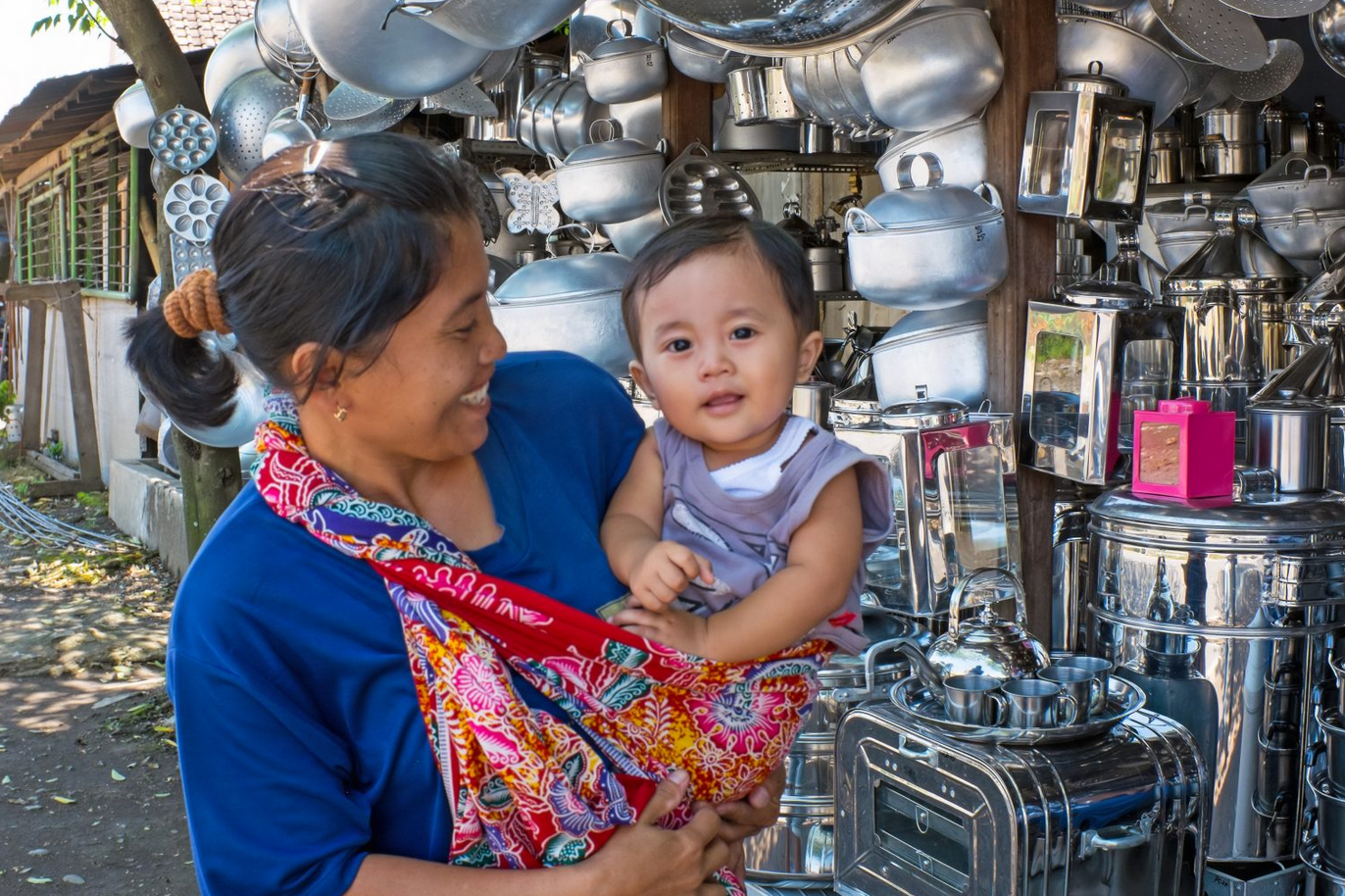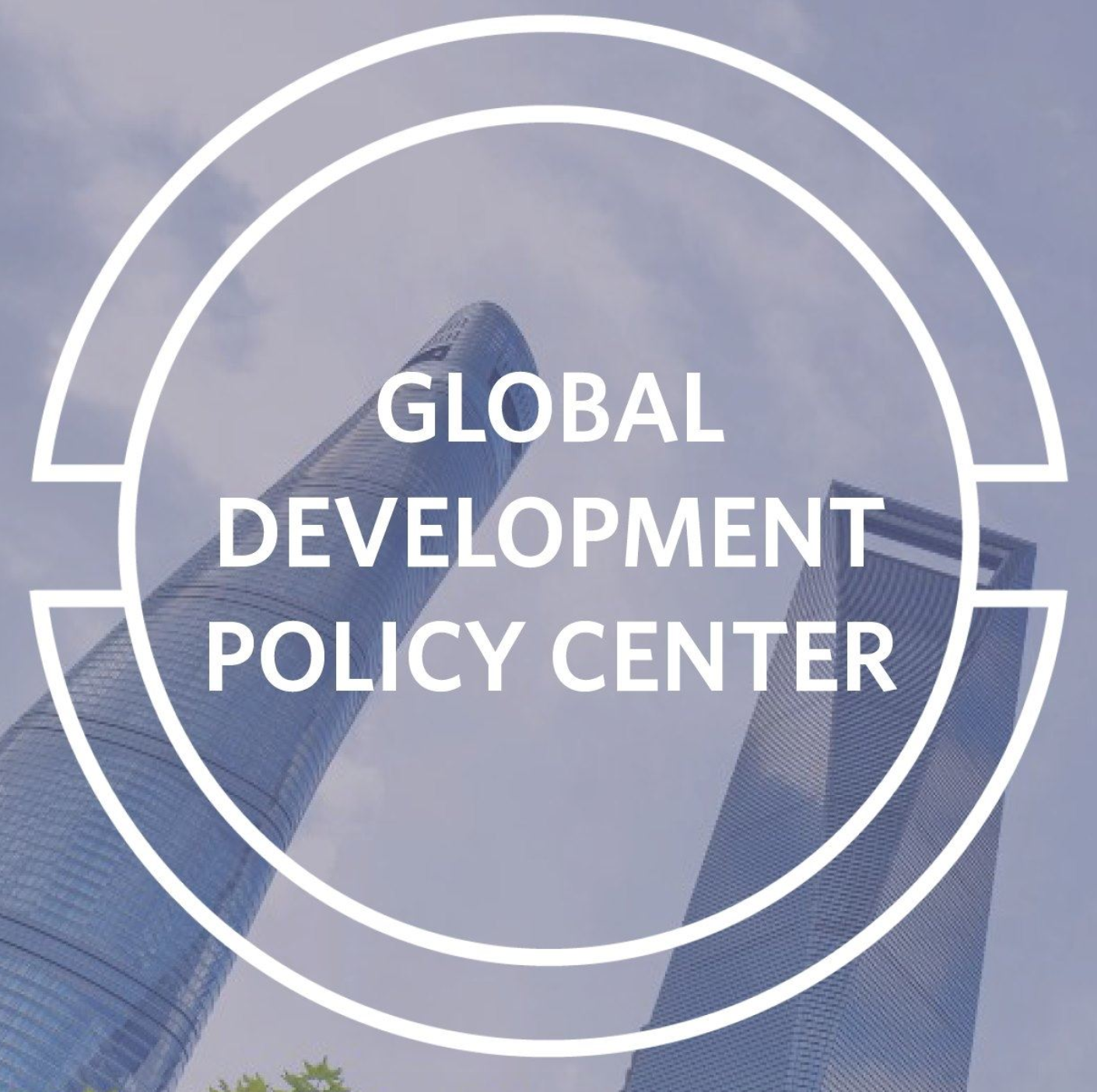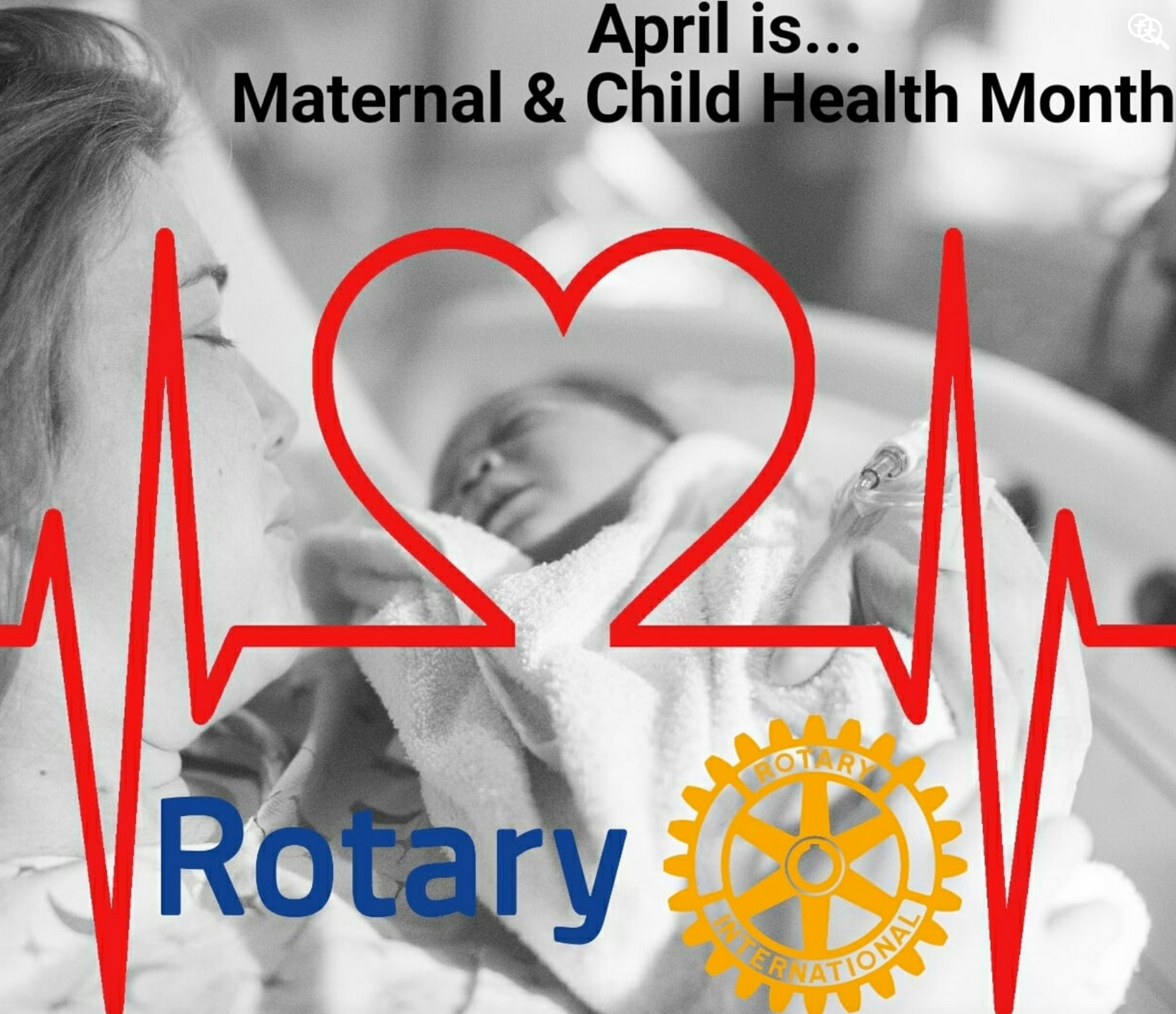
E-CLUB PROGRAM
PRESIDING TODAY IS: Bonnie Branciaroli, President
Welcome, all – visitors, fellow Rotarians, and guests alike to this E-Club program!
Remember the Four-Way Test!
At the beginning of each meeting, we remind ourselves of The Four-Way Test. Therefore, please remember to ask yourself always . . .
Of the things we think, say, or do:
- Is it the TRUTH?
- Is it FAIR to all concerned?
- Will it build GOODWILL and BETTER FRIENDSHIPS?
- Will it be Beneficial to all concerned?
A Reflective Moment
Leadership Quotes
 “It is clear that the pandemic has and will only continue to create more barriers to access and healthcare-seeking, particularly in contexts where resources for women and children are scarce and where health systems are already constrained. If the delivery of routine maternal and child health care is disrupted, or worse, halted altogether, many women and children will die. The longer coverage gaps persist, the more lives will be lost even after the COVID-19 pandemic ends.”
“It is clear that the pandemic has and will only continue to create more barriers to access and healthcare-seeking, particularly in contexts where resources for women and children are scarce and where health systems are already constrained. If the delivery of routine maternal and child health care is disrupted, or worse, halted altogether, many women and children will die. The longer coverage gaps persist, the more lives will be lost even after the COVID-19 pandemic ends.”

April 29 – May 1 – District 7545 Virtual Rotary Clubs Conference
Registration and Itinerary:
Prioritizing Maternal and Child Health in the COVID-19 ERA
However, they also bear significant costs to health systems by diverting resources and support for other essential health services. As a result, an accompanying feature of the pandemic has been the reduction and suspension of health programs, particularly in maternal and child health, the consequences of which will be observed for years to come.
The Impact on Mothers and Children
 While mortality rates for COVID-19 have been found to be lower among women of reproductive age and children, these groups are also more likely to be adversely impacted by disruptions in health services, particularly in low-and middle-income countries (LMICs). Recent evidence from the 2014 Ebola outbreak in West Africa has shown how health emergences can be a significant threat to the lives of mothers and children, not only through the direct effects of the outbreak (higher mortality, infection, etc.), but also through the diversion of scarce resources from essential health services, such as emergency obstetric care, antenatal coverage, facility delivery coverage, and child immunization programs.
While mortality rates for COVID-19 have been found to be lower among women of reproductive age and children, these groups are also more likely to be adversely impacted by disruptions in health services, particularly in low-and middle-income countries (LMICs). Recent evidence from the 2014 Ebola outbreak in West Africa has shown how health emergences can be a significant threat to the lives of mothers and children, not only through the direct effects of the outbreak (higher mortality, infection, etc.), but also through the diversion of scarce resources from essential health services, such as emergency obstetric care, antenatal coverage, facility delivery coverage, and child immunization programs.A Possible 253,500 Child Deaths Over Six Months
Researchers at Johns Hopkins University modeled a range of potential scenarios in which coverage for a range of maternal and child health interventions, including safe delivery, antenatal care, vaccinations, and child nutrition programs, is adversely affected by the pandemic. Findings from this study suggest that in the most optimistic of scenarios, where service coverage declines by up to 19%, the reduction in service coverage could result in 253,500 additional child deaths and 12,200 additional maternal deaths over 6 months, constituting a 10% increase in child deaths per month and an 8% increase in maternal deaths per month.
In the worst-case scenario, where service coverage is reduced by up to 52% over 6 months, maternal and child mortality could increase by up to 56,700 additional maternal deaths and 1.16 additional million child deaths. These increases in mortality represent a 39% increase in maternal deaths per month and a 45% increase in child deaths per month, respectively.
Improving the health and well-being of mothers, infants, and children is a public health priority. Although much progress has been made to reduce maternal and child morbidity and mortality, nearly 830 women and 18,000 children continue to die each day from preventable causes related to pregnancy and childbirth, with most of these deaths occurring in LMICs, like India, Nigeria, and the Democratic Republic of the Congo, among others. Many of these deaths are avoidable if high quality obstetric and medical care was provided to mothers and their children, yet access to and utilization of these services in these settings remains low.
It is clear that the pandemic has and will only continue to create more barriers to access and healthcare-seeking, particularly in contexts where resources for women and children are scarce and where health systems are already constrained. If the delivery of routine maternal and child health care is disrupted, or worse, halted altogether, many women and children will die. The longer coverage gaps persist, the more lives will be lost even after the COVID-19 pandemic ends.
What Should Be Done?
_________________________
Bio and Other Info
 Mahesh Karra is an Assistant Professor of Global Development Policy at the Frederick S. Pardee School of Global Studies at Boston University and Associate Director of the Human Capital Initiative at the Global Development Policy Center. His research utilizes experimental and non-experimental methods to investigate the relationships between population, health, and economic development in low- and middle-income countries. He holds a B.A. in Economics and Hispanic Studies (Joint Hons) from McGill University, an M.Sc. in Economics from the Barcelona Graduate School of Economics, and an Sc.D. in Global Health Economics from Harvard University.
Mahesh Karra is an Assistant Professor of Global Development Policy at the Frederick S. Pardee School of Global Studies at Boston University and Associate Director of the Human Capital Initiative at the Global Development Policy Center. His research utilizes experimental and non-experimental methods to investigate the relationships between population, health, and economic development in low- and middle-income countries. He holds a B.A. in Economics and Hispanic Studies (Joint Hons) from McGill University, an M.Sc. in Economics from the Barcelona Graduate School of Economics, and an Sc.D. in Global Health Economics from Harvard University.

